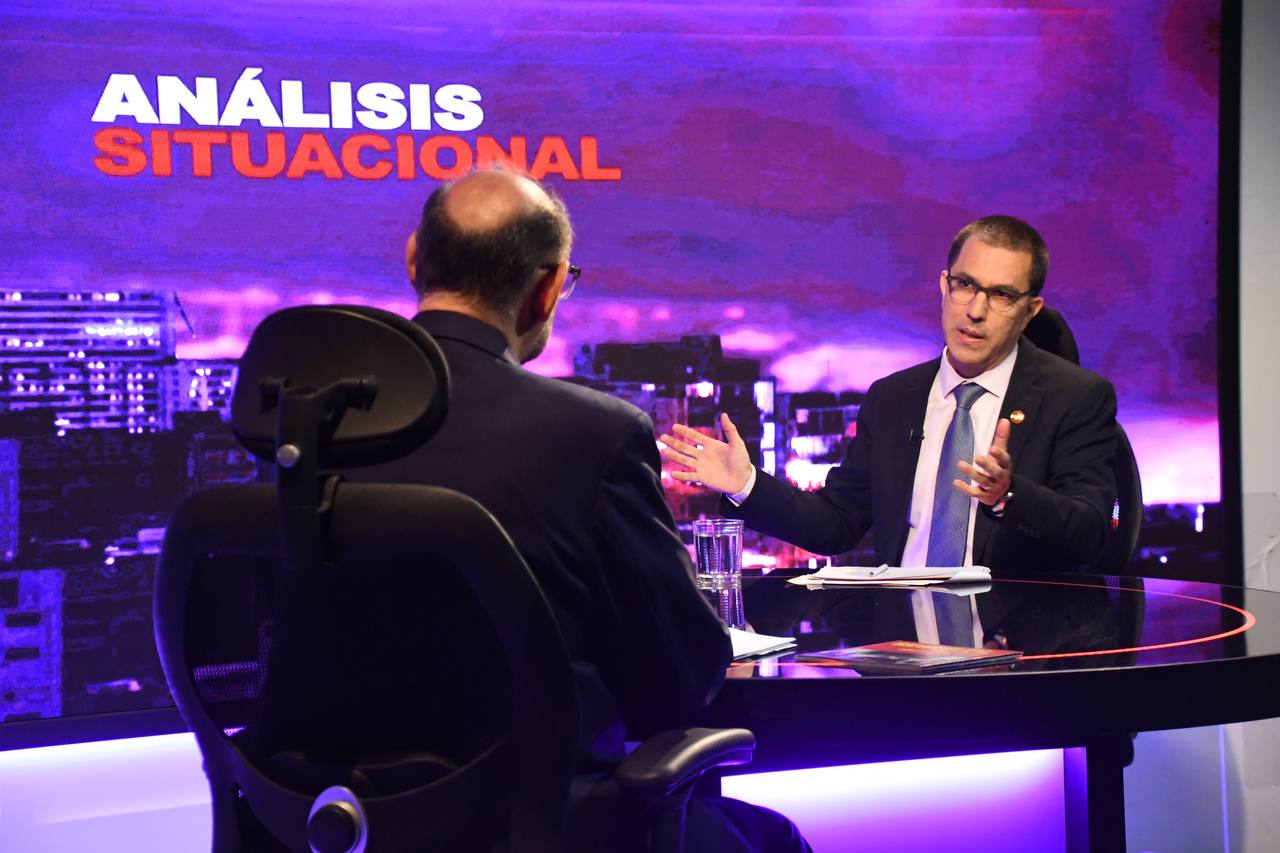Caracas, October 27, 2024 – The Bolivarian Alliance for the Peoples of Our America–People’s Trade Treaty (ALBA-TCP) has the potential to contribute significantly to BRICS (Brazil, Russia, India, China, and South Africa) in the realm of global economics, it was affirmed by Jorge Arreaza, ALBA-TCP’s Executive Secretary, this Sunday.
Speaking on Situational Analysis, a program hosted by Hinterlaces President Oscar Schémel, Arreaza emphasized that ALBA-TCP, with the support of its development institution, the Bank of ALBA, offers a framework focused on the economic needs of nations rather than economic elites. “Venezuela and Nicaragua could be valuable allies to BRICS, as we have a coalition focused on the people and on life, not solely on government agendas,” he stated.
Arreaza further highlighted that ALBA was the first alliance to embrace multipolarity, standing in opposition to imperialism within its own region. “It’s an alliance based on solidarity, complementarity, and cooperation—not competition or destructive interactions with other blocs,” he added.
The ALBA bloc, he noted, has its own currency (the Sucre) and has developed unique cooperation mechanisms, such as Petrocaribe, while building economic capacities for new initiatives.
Regarding the current geopolitical landscape, Arreaza described it as “hyper-imperialism,” dominated by military, productive, and financial power. As the first two pillars falter, he remarked, the focus of power groups is increasingly shifting toward military strength.
Beyond Politics
On Venezuela’s situation, Arreaza described the Bolivarian Revolution as more than a political process—it’s a deeply rooted spiritual movement driven by dedication and a sense of community. This spirit, he said, has helped the nation overcome twelve years of hardships brought on by external pressures and conflicts.
“We’re the only country that has endured a political, diplomatic, economic, media, commercial, and energy war. We’ve withstood what no other nation has,” he declared.
Arreaza also referenced the United States’ actions against Venezuela under former President Donald Trump, asserting that it was the historical resilience of the Venezuelan people that helped them overcome such challenges.
“President Nicolás Maduro is striving to preserve Venezuela’s historical legacy from Guaicaipuro to the present, advancing a communal government model that represents a different form of democracy,” he concluded.
